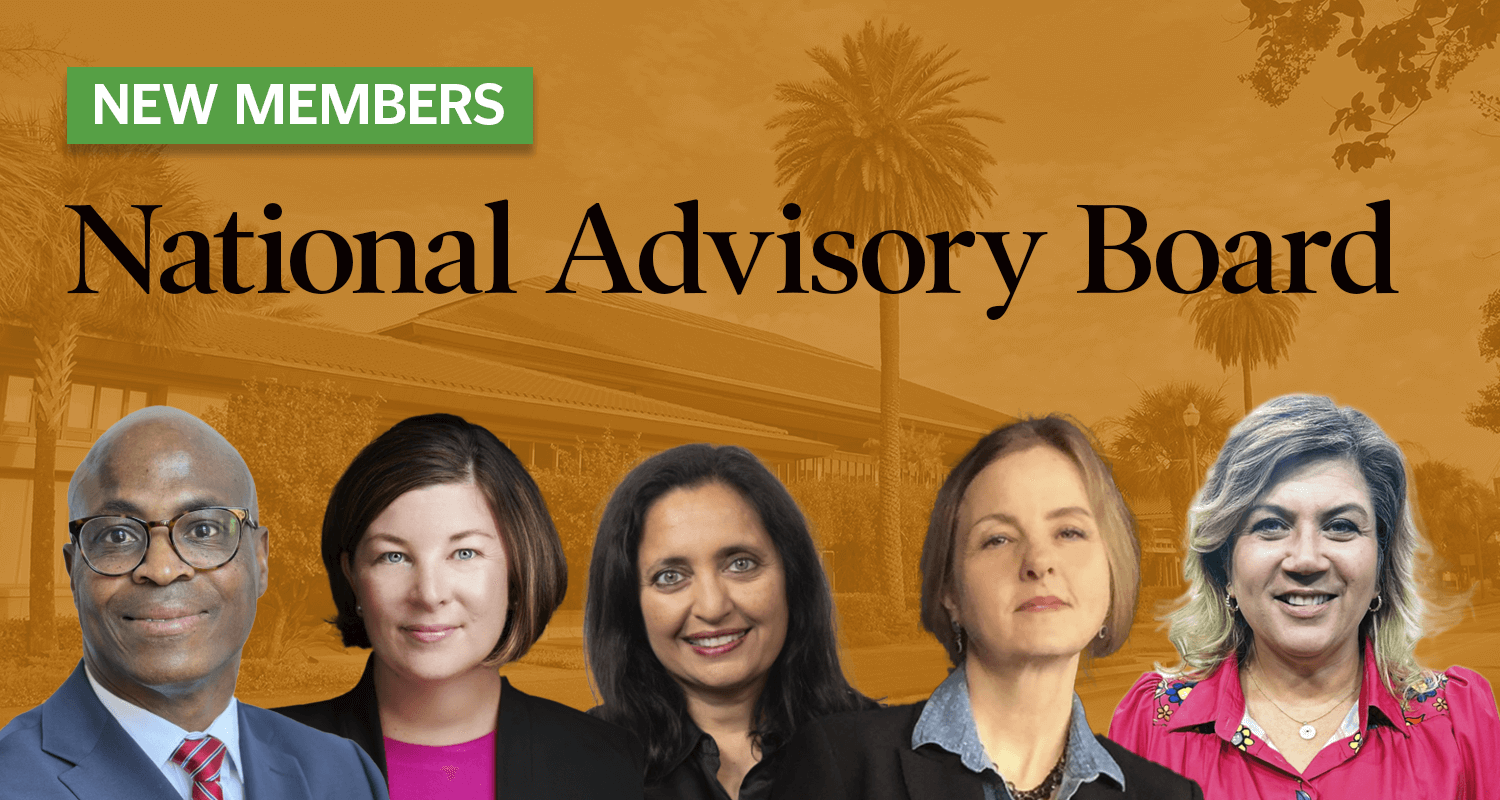When you want information, often the context of that information is as important as the content. That’s why lately I’ve been playing with Google’s Experimental Search options.
Experimental Search launched in 2007, and since then Google engineers have kept expanding and tweaking these offerings. When you select one of these options (you can only apply one of them at a time), Google applies that functionality to Google searches in your Web browser.
For instance, last night a journalism student asked me when I’d first heard the term “entrepreneurial journalism.” I honestly couldn’t recall, but her question made me curious.
So I activated the “alternate views for search results” experimental search, which includes a time line view option. I searched for the phrase “entrepreneurial journalism” and got this time line chart showing when that term started getting really popular online. (It appears to have been around the mid to late 1990s.)
Google explained more about the alternate views experimental search option, saying:
“See results on a time line, map, or in context of other information types. With these views, Google’s technology extracts key dates, locations, measurements and more from select search results so you can view the information in a different dimension.
“Time line and map views work best for searches related to people, companies, events and places. Info view shows all the data found for each result, to help you select the best choice.”
This tool can be useful for gaining fast insight on a topic or areas of relevance between topics that might not be apparent simply from keyword-based searches.
Other experimental search options currently offered include specifying your preferred sites (which influence ranking of the search results you see when logged in to your Google account); special features for Google’s Searchwiki (a service launched last November that allows you to add, remove, move or annotate Google search results); keyboard shortcuts and accessibility features for people with visual impairments.
Try playing with these search tools. See whether they help you think differently about, or work more effectively with, online information.





